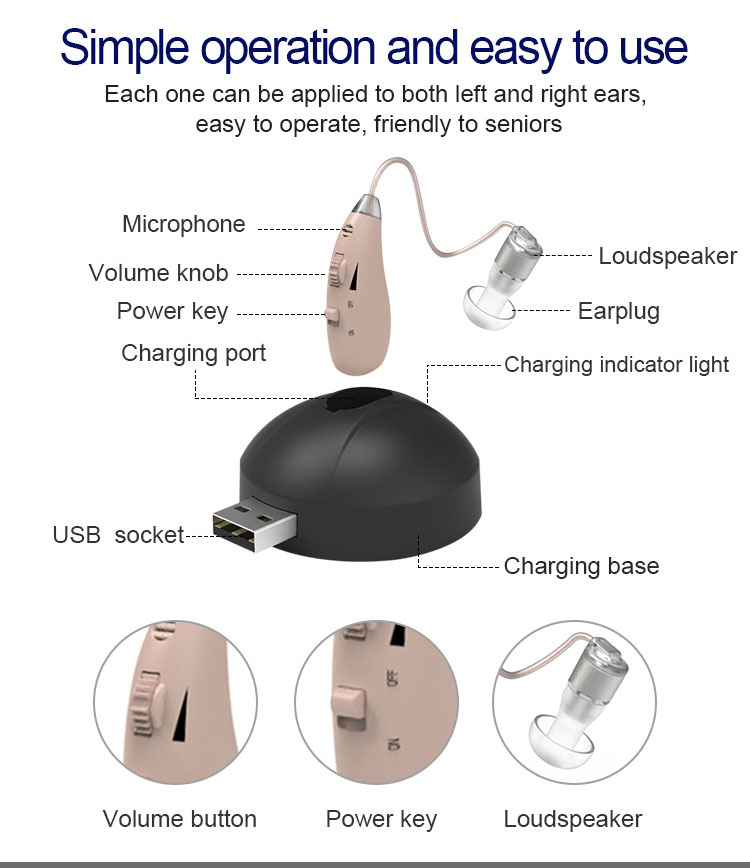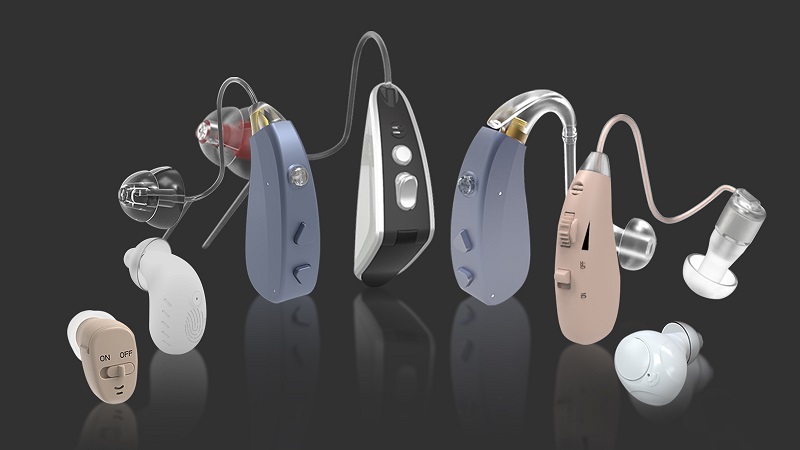
World hearing report by 2050, one quarter of the world's population will "lose hearing" to varying degrees
According to the report, by 2050, nearly 2.5 billion people in the world (accounting for 25% of the total global population) will have varying degrees of hearing impairment. If no action is taken, 700million people will need to rely on rehabilitation services such as otology and hearing health care. Not only that, "hearing loss" will have a serious impact on people's ability to communicate, study and make a living, but also affect their mental health.

hearing loss can be reduced by early detection and early intervention. The report shows that nearly 60% of children's hearing loss can be prevented by vaccinating against rubella and meningitis, improving maternal and neonatal care, screening and early management of otitis media. As for adults, they can maintain good hearing and reduce the possibility of hearing loss by controlling noise, ensuring hearing safety, monitoring ototoxic drugs and paying attention to ear hygiene.
The World Health Organization has released seven practical tips for "safe listening": first, use headphones no more than 40 hours a week, and try to keep the volume within 80 db; Second, wear earplugs in dance halls, bars, sports events and other noisy places; Third, use noise reduction headphones in noisy environments such as taking trains to reduce our need to increase the volume; Fourth, monitor the time and volume range of your headphones, and be aware of safe listening; Fifth, limit the daily use of personal audio; Sixth, limit the activity time in noisy places and keep a distance from loud sound sources, such as going to a quiet place to have a short rest for your ears; Seventh, have regular hearing tests.
Once hearing loss occurs, early detection and early intervention are the key to rehabilitation. The report points out that current medical treatment can cure most ear diseases and reverse related hearing loss. If the hearing loss is irreversible, rehabilitation services can be provided to ensure that the affected people avoid the adverse consequences of hearing loss. There are a series of effective hearing technologies, such as wearing hearing aids or implanting hearing aids in the cochlea. Hearing aids and services for deaf people can further improve their communication and education difficulties.

But at the same time, in most countries, ear and hearing care has not been incorporated into the national health system, and patients with ear disease and hearing loss are not easy to access health services. In low-income countries, about 78% of the population has less than one otolaryngologist per million people; 93% of the population has less than one hearing expert per million people; Only 17% of the population has one or more speech therapists per million people; 50% of the population has one or more teachers for deaf people per million people. Even in countries where the proportion of otology and hearing care professionals is relatively high, the distribution of experts is unequal. This not only brings challenges to the people in need of care, but also places heavy pressure on the institutions and personnel providing these services.
Guangdong ENNO Technology Co.,ltd is a professional R&D manufacturer. Specialized in manufacturing ITE, BTE hearing aids with high quality & good service.
ENNO provide as high quality and competitive price of hearing aids for for middle-aged and elderly people to wear hearing aids.

Copyright © 2025 Guangdong ENNO Medical Technology Co., Ltd., All Rights Reserved.